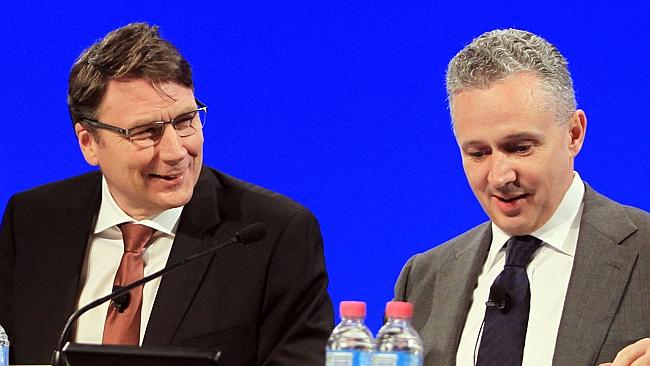
David Thodey departs from Telstra
David Thodey has announced his departure from Telstra. He will be replaced by Andrew Penn, the company’s current Chief Financial Officer.
Thodey replaced Sol Trujillo as Chief Executive Officer in 2009 at a time when Telstra’s stocks were close to an all-time low – both in terms of its actual share price and in terms of the company’s dealings with government, with its customers and with its workforce.
Under Thodey, much has changed.
Telstra has doubled in value, going from a company worth under $40 billion to one worth over $80 billion.
It has repaired its relations with government and, far from being brought to its knees by the threats represented by the NBN project, it has negotiated binding agreements with NBN Co which will provide it with rivers of cash for years to come.
It has built on the foundations created by Trujillo in the mobile market to capitalise on the multiple service opportunities offered by wireless broadband. And it is continuing to develop its presence in regional markets as a supplier to international corporate clients.
But for the Telstra workforce, the results of the Thodey era have been more mixed.
While the industrial relations atmosphere may be less toxic than it was during the bargaining dispute of 2008-2010, job losses have continued, as more and more functions are outsourced, many to offshore “partners”.
For the remaining workforce, performance pressures have intensified and electronic monitoring has become more pervasive and intrusive.
The CWU believes that the balance sheet of the Thodey era can’t be fully assessed until the costs of these trends, in terms of lost jobs, lost skills and employee morale have been factored into the equation.










